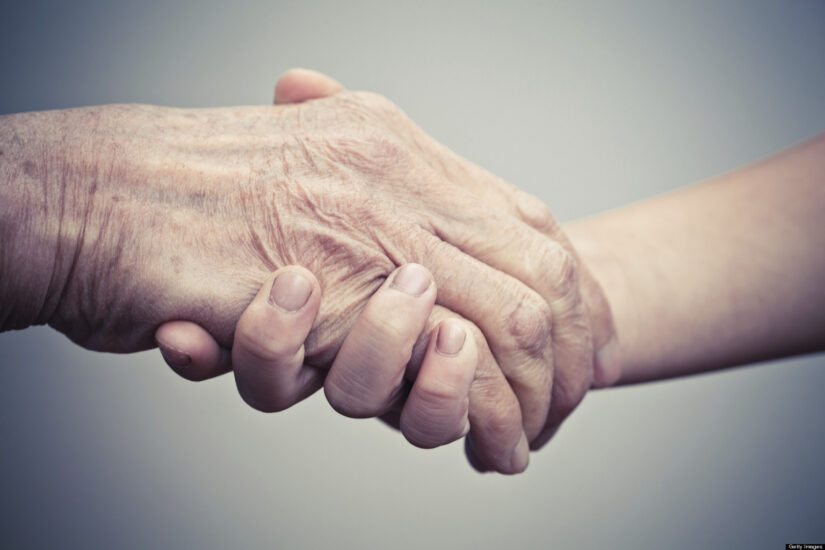Helping Your Relative with Dementia

It can be very distressing for both the individual suffering from dementia and their family to witness them struggle with it, but it’s important to know the signs and be prepared for how to navigate this condition to make sure they are safe. Some of the common symptoms of dementia are memory loss, difficulty following a conversation or concentrating, being confused about their surroundings or what time it is, and mood swings. Here are a few tips to consider if you are concerned about a relative who might have dementia or who has been recently diagnosed.
Look at Care Options
Although your relative or friend might still be in the early stages of dementia, it’s important to plan and be prepared for it when it progresses. Sometimes this can take years, and in other cases, dementia can be more aggressive and come on much more quickly. There are various options of care for people with dementia. Memory care facilities can provide both full-time care for a patient who moves into a special residence, or they can stay for short-term periods if this is a better option. They can also drop into memory care centers a few times a week where there are organized activities for patients to enjoy. This is ideal for family members who are acting as carers, as this can provide some respite for them.
Help Them Maintain a Healthy Diet
One of the possible complications of dementia is difficulty swallowing foods. This can be helped by specialist swallowing therapies or other treatments, but you can also purchase food and beverage thickeners like Simply Thick that can make it easier for the person to consume their meals. They might also begin to be wary of the meals that are prepared for them if they fail to recognize certain foods or forget which foods they enjoy and which ones they don’t. If this begins to happen, be patient with them and remember they aren’t being awkward on purpose. Offer them food in smaller portions to see how they manage, giving them a bit more afterward if they want, and offer them easy to hold cups and finger food if they are struggling to hold cutlery.
Get Support
As someone who is caring for a relative or friend with dementia, you must get the right support for yourself as well. This can be both a physically and mentally draining commitment, and at times you will begin to feel overwhelmed. Whether you seek professional counseling or join a special support group for carers, this is something you need to do for yourself. Equally, other family members or friends should be supporting you as well, at helping out where they can so the responsibility doesn’t entirely fall on you.
Daily Tasks
There are other daily tasks that a dementia patient might struggle with as their condition progresses. As long as they are still competent, allow them to take part in these tasks, such as setting the table for dinner, helping with the shopping, or household chores. This will help them retain some independence, and the routine will be good for them. You might also have to help them with washing and dressing each day, but remember to act with some sensitivity as things like bathing are a private activity, so do what you can to make them feel comfortable if they do need help.
Dealing with dementia is never easy, but it’s important that as someone who is caring for a person with the condition, you do what you can to help them stay safe and comfortable, as well as get support for yourself.








